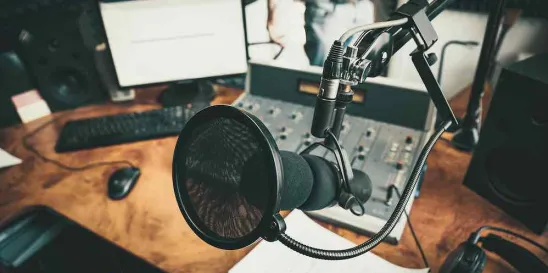In the age generative AI, it is easier than ever to make an unauthorized AI replica of our favorite celebrities. Using AI algorithms, deepfake technology can create authentic-looking, fictional reproductions, making it quite difficult to spot the difference between a real and a fake. Many of us see AI generated songs and recordings on the internet every day, but rapid advancements in this technology pose rising threats for well-known performers, as well as ordinary people, who have little control over their digital presence.
Senators hope to pass legislation that would recognize the copyright and right of publicity issues associated with using another person’s voice, image, and likeness without first obtaining consent. On October 12, 2023, a bipartisan group of Senators announced a draft bill called The Nurture Originals, Foster Art, and Keep Entertainment Safe Act, (“NO FAKES Act”). Sponsored by Senators Chris Coons (D-DE), Marsha Blackburn (R-TN), Amy Klobuchar (D-MN), and Thom Tillis (R-NC), the bill’s goal is to regulate the creation and use of digital replicas and provide standardized rules around using the likeness of another.
Who would be Protected?
The Act would create the first federal right of publicity, generally defined as a person’s right to control the commercial exploitation of his or her identity. This right currently arises out of state laws, and not every state has a regulation or statute in place. Moreover, for the more than 30 states that have statutes recognizing the right, the respective rights granted vary greatly. If passed, the federal bill would sit alongside state laws.
The Draft Bill’s Highlights
The bill would resolve and unify a number of issues where state laws vary. First, the proposed law would grant nearly anyone the right to bring a cause of action. Moreover, while many state law publicity rights terminate upon death, the federal right of action would exist 70 years beyond the death of the individual.
Second, unlike existing state laws, there is no requirement that the deepfake creator use the “commercial value” of the victim’s identity. In fact, there is no requirement that the victim’s identity or persona even have commercial value.
Third, under the proposed law, in addition to bringing causes of action for direct liability against infringers, plaintiffs would be able to bring an action against (1) anyone who shares content that violates the law and/or (2) websites that publish unauthorized AI generated content.
Finally, to balance rights afforded by the First Amendment, the Act includes exclusions for reproductions created for the purpose of criticism, news reporting, documentaries, sports broadcasts, scholarship, and parody.
Next Steps
The bill is still only in its draft stage. It is the result of months of hearings focused on the intersection of artificial intelligence and copyright law chaired by Senator Coons. Nevertheless, there is some momentum for the bill even in this divided Congress. Both sides of the aisle agree that digital reproductions require rules going forward. To be sure, there is strong encouragement from actors, singers, performers, and creators, who desire agency over their digital presence. And labor groups like the Screen Actors Guild and American Federation of Television and Radio Artists (“SAG-AFTRA”) and the Recording Industry Association of America (“RIAA”) support uniform regulations for the entertainment industry.
Notwithstanding the bill’s momentum, it is unlikely to become law in the near future given the deadlock in Congress, higher-priority legislative items like defense spending and foreign aid, and next year being an election year.



 />i
/>i

